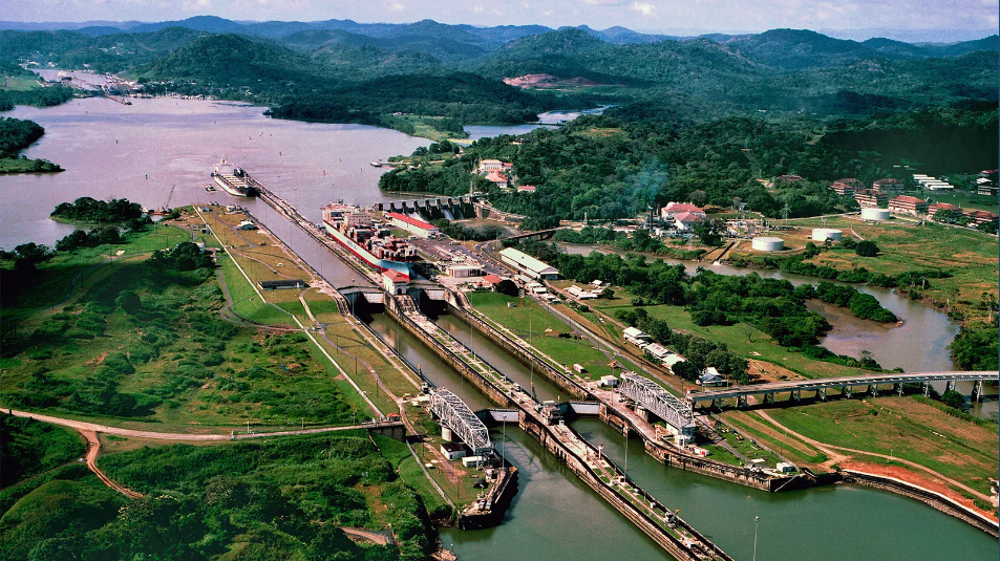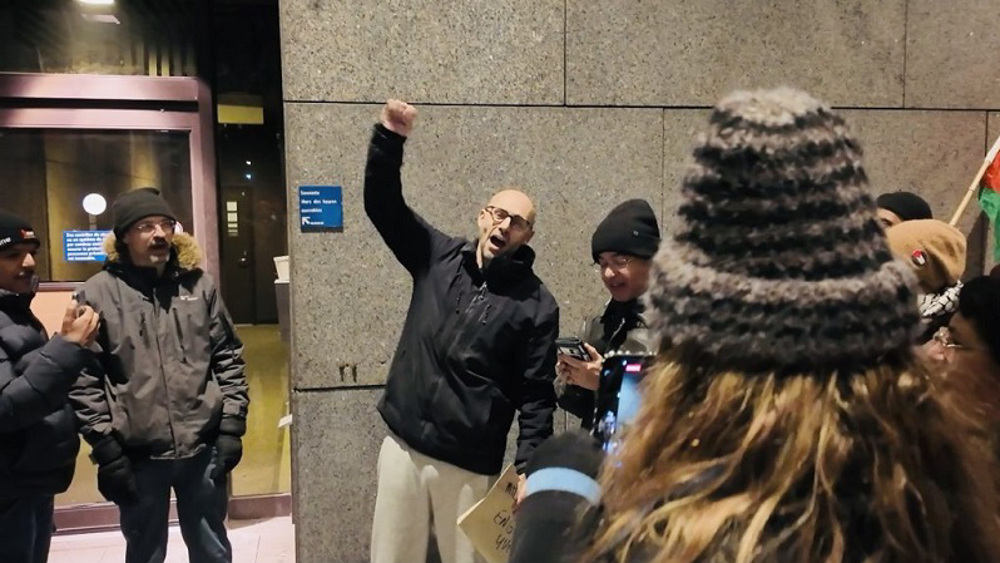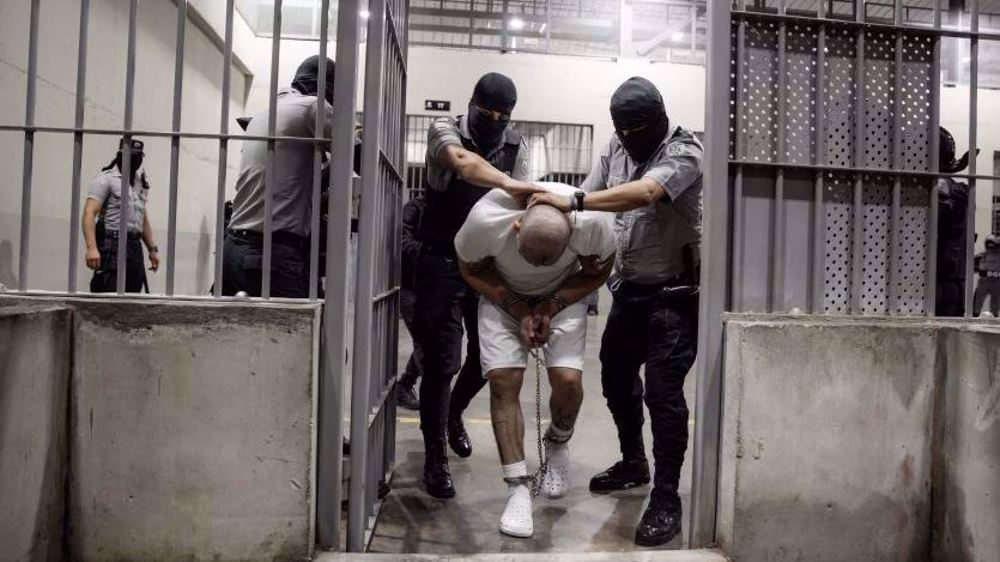Police fire tear gas at demonstrators protesting TTP in Peru
Police in Peru have fired tear gas at demonstrators protesting against the Trans-Pacific Partnership (TTP), a controversial US-led free trade pact signed by 12 countries.
Demonstrations were held in the capital Lima on Friday, with the protesters saying the pact threatens healthcare by potentially increasing the prices of medical drugs.
According to one protester, the deal constitutes a violation of “fundamental rights” on health and intellectual property issues.
Peruvian Foreign Trade and Tourism Minister Magali Silva signed the agreement in New Zealand’s Auckland on Thursday, along with 11 other Pacific countries. He said the TPP will provide more opportunities to small businesses and will benefit the export sector.
“This is the first time a treaty of this magnitude is putting special emphasis in social policies, which will multiply the opportunities for small and medium companies and therefore improve people’s lives,” Silva said.
However, the agreement has triggered global opposition in recent months. Protesters say the TPP is anti-democratic and favors multinational corporations at the expense of domestic interests.
On Thursday, thousands of people blocked roads in Auckland as the the signing took place. They said the TPP would lead to job losses, stagnant wages, and an increase in inequality, among other negative consequences for workers.
The agreement was reached on October 5, 2015 after five years of negotiations. The pact seeks to establish common standards for the 12 countries, headed by the US.
The other signatories to the pact are Australia, Brunei Darussalam, Canada, Chile, the United States, Japan, Malaysia, Mexico, New Zealand, Singapore and Vietnam.
The ambitious deal, promising the elimination of nearly all tariffs among the 12 nations, aims to break down trade and investment barriers among them.

Panama rejects Pentagon chief's idea of US bases on its soil

Canadian Zionist Lawfare against opponents of Gaza genocide

Trump sends more migrants to El Salvador prisons despite court dispute
Lies unraveled: Ex‑minister says Israel faked Gaza tunnel image to stall truce deal
China says expects ‘in-depth’ talks during Iran foreign minister’s visit
VIDEO | Exclusive: Yemeni eyewitnesses say US warplanes targeted civilians in their homes
VIDEO | Press TV's news headlines
‘Guardians of Revolution’: IRGC warns enemies it is at ‘peak of all-out readiness’
Microsoft collaboration in Gaza genocide
VIDEO | Senior Hamas-allied leader killed in Israeli drone strike south of Beirut
Syria arrests Islamic Jihad officials after US ties sanctions relief to ban on Palestinian groups








 This makes it easy to access the Press TV website
This makes it easy to access the Press TV website